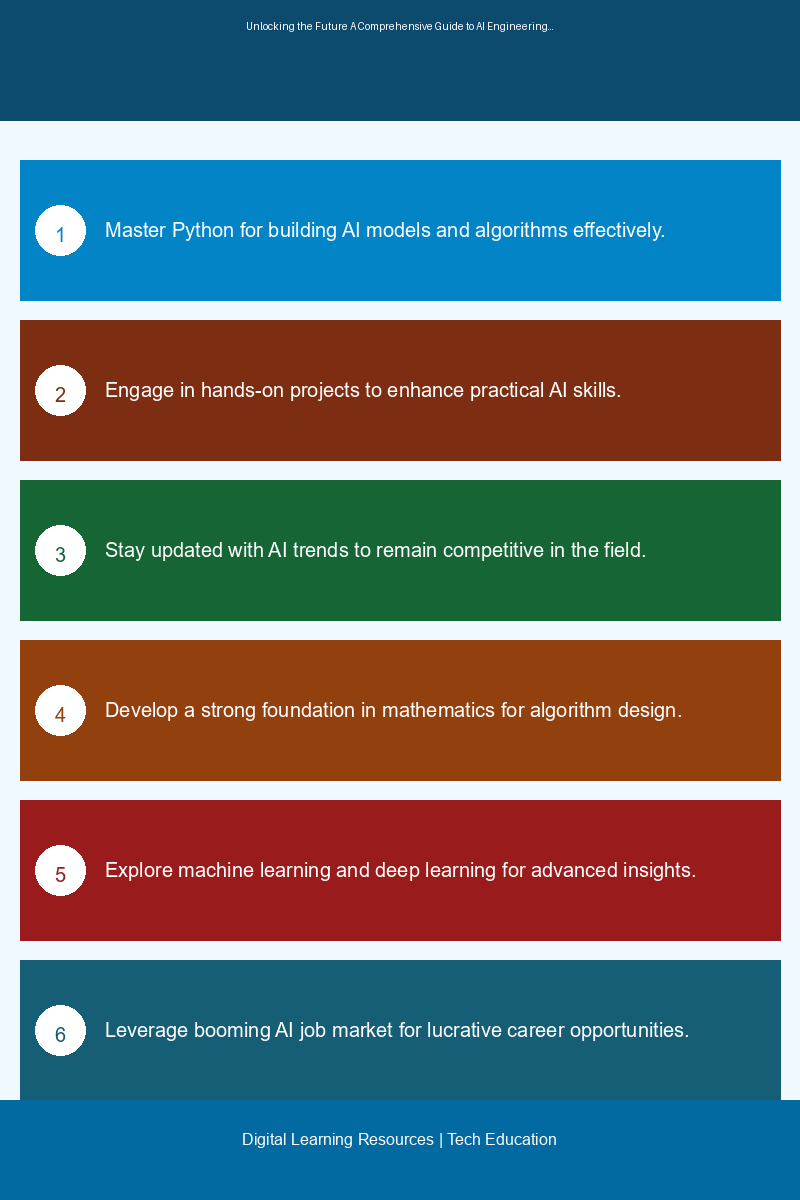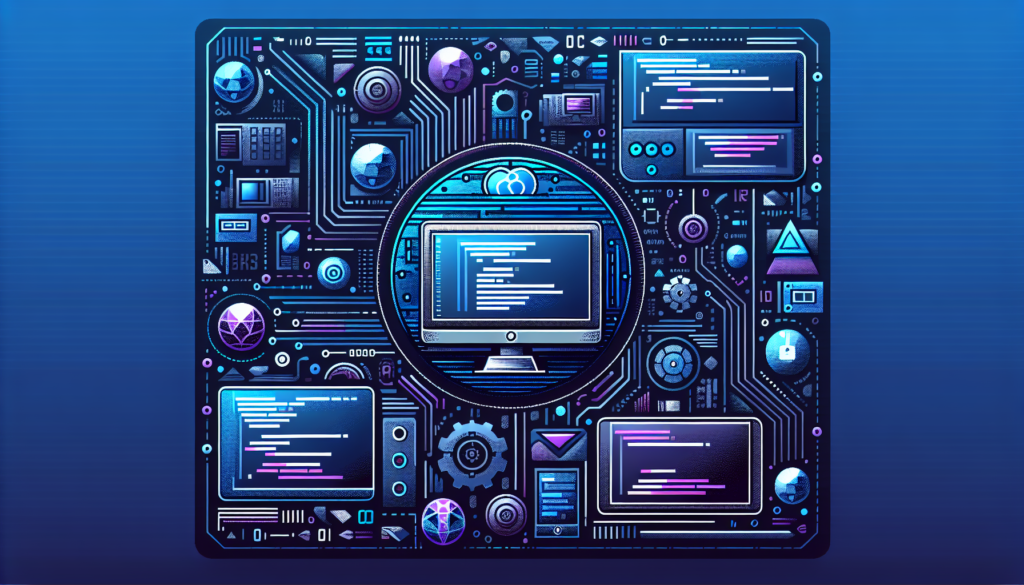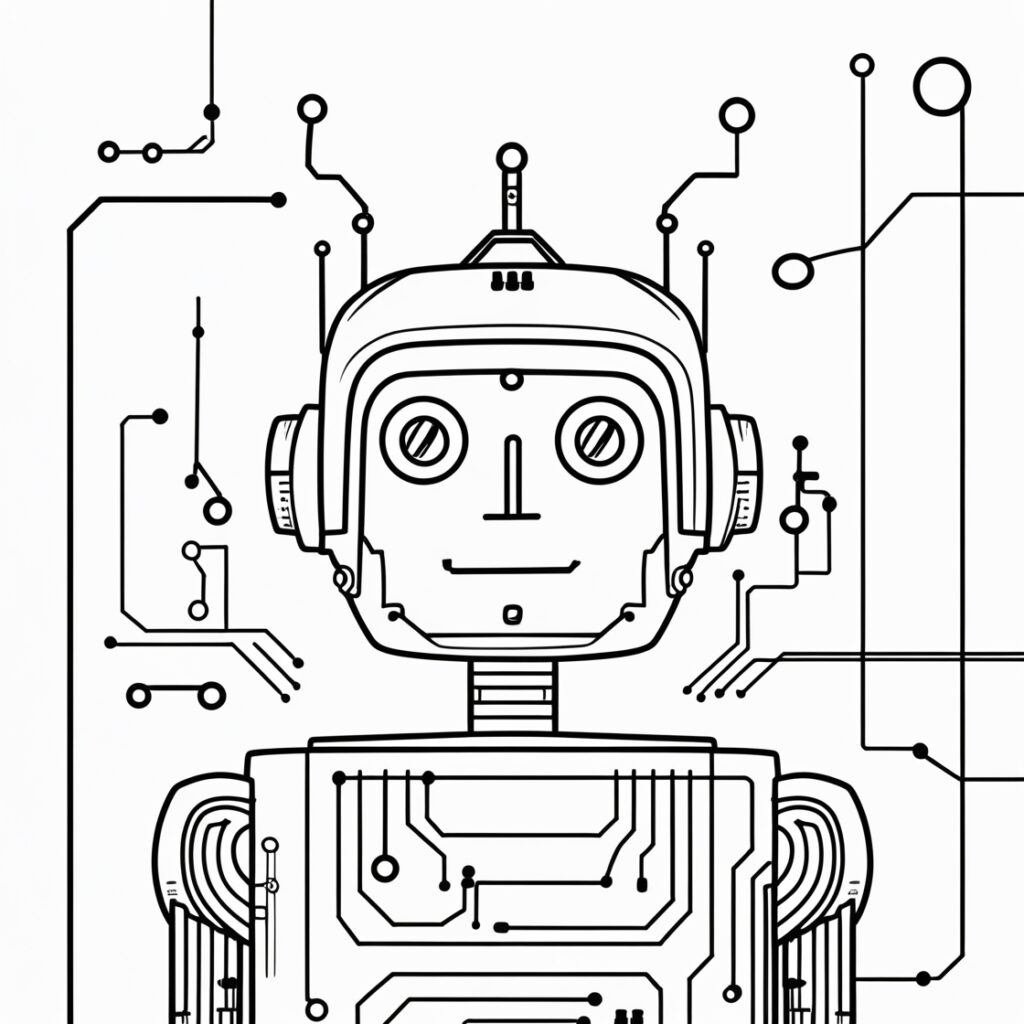In a rapidly evolving digital landscape, the role of AI engineering has become pivotal in shaping the future of technology. This guide delves into the essential concepts, practical applications, and educational pathways that aspiring AI engineers should pursue to thrive in this dynamic field. Whether you’re a seasoned developer or a budding tech learner, this resource is tailored for you.
Introduction: Key Takeaways
- AI engineering encompasses the design, development, and deployment of artificial intelligence systems.
- Building a solid foundation in programming, particularly Python, is crucial.
- Hands-on projects and continuous learning are essential for career advancement.
- AI job opportunities are booming, with significant salary potential.
Technical Background and Context
AI engineering involves a sophisticated blend of methodologies and technologies aimed at creating intelligent systems capable of performing tasks that typically require human intelligence. This encompasses areas such as:
- Machine Learning: The process that enables systems to learn from data and improve their performance over time without explicit programming.
- Deep Learning: A subset of machine learning that uses neural networks to analyze various factors of data.
- Mathematics: A fundamental pillar in AI, encompassing statistics, algebra, and calculus, all essential for algorithm development.
AI engineers are responsible for converting data insights into scalable applications. This requires not only technical proficiency but also the creativity to leverage data in innovative ways.
📚 Recommended Digital Learning Resources
Take your skills to the next level with these curated digital products:
AI Enhanced Resume Builder
AI Resume Builder Flask App – Complete Source Code + PDF Tutorial + HTML | Digital Download for Designers
AWS Solutions Architect Associate SAA-C03 Complete Study Guide & Practice Exam Bundle
AWS Solutions Architect Associate SAA-C03 Complete Study Guide & Practice Exam Bundle
📊 Key Learning Points Infographic

Visual summary of key concepts and actionable insights
Learn AWS: Your First Cloud Application
Learn AWS: Your First Cloud Application
Comprehensive SAT Prep: 470+ Vocabulary Words
Comprehensive SAT Prep: 470+ Vocabulary Words
JavaScript for Web Development eBook | Learn to Build Interactive Websites
JavaScript for Web Development eBook | Learn to Build Interactive Websites
Practical Applications and Use Cases
The applications of AI are vast and varied, impacting numerous industries. Here are some key use cases:
- Healthcare: AI algorithms assist in diagnosing diseases through image recognition and predictive analytics, improving patient outcomes.
- Finance: AI systems are employed for fraud detection, risk assessment, and algorithmic trading, optimizing financial strategies.
- Retail: AI enhances customer experiences through personalized recommendations and inventory management, driving sales and efficiency.
- Automotive: The development of autonomous vehicles relies heavily on AI for navigation, obstacle detection, and decision-making.
These examples underline the transformative potential of AI across sectors, highlighting the demand for skilled AI engineers who can bring these innovations to life.
Learning Path Recommendations
For those looking to embark on a career in AI engineering, here are some structured learning paths to consider:
- Foundation in Programming: Start with Python, the language of choice for AI development. Engage with online courses or interactive coding platforms to build your skills.
- Mathematics for AI: Enroll in courses focusing on linear algebra, calculus, and statistics. Understanding these concepts is crucial for grasping machine learning algorithms.
- Hands-On Projects: Build a portfolio of projects that showcase your skills. Consider contributing to open-source projects, building your own AI models, or creating applications that utilize AI.
- Certifications: Pursue relevant certifications such as TensorFlow Developer Certificate or Microsoft Certified: Azure AI Engineer Associate to validate your skills to potential employers.
Engaging in continuous learning through online courses, webinars, and workshops will keep you updated with the latest advancements in AI.
Industry Impact and Career Implications
The demand for AI professionals is skyrocketing, with job postings in the U.S. having increased by 25.2% from Q1 2024 to Q1 2025. The median salary for AI engineers has reached an impressive $156,998, indicating the lucrative nature of this career path.
Moreover, a staggering 78% of global companies utilize AI in at least one business function, up from 55% the previous year. This trend underscores the importance of AI in driving efficiency, innovation, and competitive advantage in the marketplace.
Implementation Tips and Best Practices
To succeed in AI engineering, consider these best practices:
- Stay Curious: Technology evolves rapidly; stay updated with the latest tools, frameworks, and methodologies through blogs, podcasts, and online communities.
- Collaborate: Engage with fellow developers and tech professionals. Collaboration can lead to new insights and innovative solutions.
- Focus on Problem-Solving: Approach projects with a problem-solving mindset. Understand the problem before applying AI solutions to ensure they are relevant and effective.
- Document Your Learning: Keep a record of your projects, challenges, and solutions. This documentation can serve as a valuable reference for future projects and interviews.
Future Trends and Skill Requirements
As AI continues to evolve, certain trends and skills will become increasingly important:
- Ethics in AI: Understanding the ethical implications of AI technology will be crucial as companies grapple with issues surrounding bias, privacy, and accountability.
- Interdisciplinary Knowledge: Familiarity with fields outside of computer science, such as psychology or sociology, can help AI engineers design systems that better understand human behavior.
- Advanced AI Techniques: Skills in generative models, reinforcement learning, and natural language processing will be in high demand as AI applications grow more sophisticated.
Conclusion: Actionable Next Steps
Embarking on a career in AI engineering requires commitment, curiosity, and a proactive approach to learning. Start by solidifying your programming skills in Python and diving deep into the mathematics that underpin AI technologies. Engage in hands-on projects and pursue relevant certifications to enhance your employability.
As the industry continues to expand, staying updated with trends and best practices will be key to your success. Join forums, attend workshops, and never cease to learn. The future of AI is bright, and your opportunity to be part of this exciting field is just beginning.
Visit our digital products eCommerce site to explore a range of programming guides, certification materials, and tech resources tailored to help you on your journey to becoming a proficient AI engineer.
Disclaimer: The information in this article has been gathered from various reputed sources in the public domain. While we strive for accuracy, readers are advised to verify information independently and consult with professionals for specific technical implementations.
Ready to advance your tech career? Explore our digital learning resources including programming guides, certification prep materials, and productivity tools designed by industry experts.



